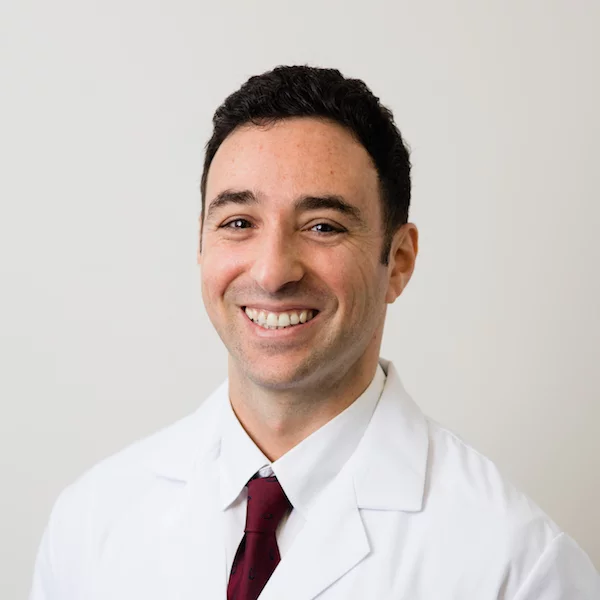Sleep apnea is a condition in which your airway gets blocked repeatedly during sleep, causing you to stop breathing for short amounts of time. It is associated with atrial fibrillation, a dangerous heart rhythm which, if untreated, can lead to a stroke. It is estimated that half of the patients with sleep apnea also have atrial fibrillation. Sleep apnea can also be caused by certain health problems, such as obesity and heart failure.
Sleep apnea is caused by an inappropriate relaxation of the tongue that obstructs airflow. It is most commonly associated with excess weight or obesity.
Research has found that sleeping too little can cause harmful disruptions in necessary bodily processes like metabolizing glucose, regulating blood pressure, and reducing inflammation, all of which can contribute to chronic high blood pressure, type 2 diabetes, obesity, and formation of plaque in the bloodstream.
Lack of sleep may also contribute to unhealthy weight gain, resulting in obesity and the many potential health problems by which it is accompanied. This is partially due to the way that lack of sleep affects your brain’s hunger impulses, causing a spike in appetite, especially for junk foods high in sugar and sodium. This is even more important for children and teens, who require more sleep than adults. It is also more common among black, Hispanic, and Native Americans than among white people.
Sleep Apnea is diagnosed with a sleep study which can be done at home or in a sleep clinic where clinicians monitor sleep patterns and brain waveforms.
If the patient has moderate to severe apnea, the apnea needs to be treated with a dental appliance or a CPAP machine. For patients with moderate to severe apnea, we usually refer them to a sleep specialist. For patients with mild sleep apnea, we place them on an optimal lifestyle, often working with our in-house nutritionist, to help them lose weight. Once a sufficient amount of weight loss has been achieved (usually about 10- 20lbs), we retest them to see if the apnea has improved.
For any patient diagnosed with moderate to severe apnea, we also screen them for atrial fibrillation. We do this by fitting them with a heart monitor, which tracks the rhythm of your heart for 4 days.
You can drastically reduce your risk of Sleep Apnea by avoiding obesity and weight gain.
Sleep Apnea can lead to high blood pressure, heart disease, stroke, accidents caused by tiredness, diabetes, depression, and other ailments.
Insomnia is trouble falling asleep, staying asleep, or both. As many as 1 in 2 adults experience short-term insomnia at some point, and 1 in 10 may have long-lasting insomnia. Insomnia is linked to high blood pressure and heart disease. Over time, poor sleep can also lead to unhealthy habits that can hurt your heart, including higher stress levels, less motivation to be physically active, and unhealthy food choices.
For most patients, better sleep can be obtained with a better diet and lifestyle. Some things that may be helpful include:
- Maintaining a regular sleep schedule. It may be tempting to sleep in on weekends, but you’re more likely to get regular high-quality sleep if you go to bed and get up at the same time every day
- Try to avoid artificial light at night and don’t bring your phone to bed with you – the light from the screen suppresses melatonin production and your mind is likely to continue racing for a while after you’ve stopped scrolling social media
- Getting enough natural light, especially early after waking up. Getting in a walk every morning can make a big difference
- Get enough exercise, but not right before bedtime. Strenuous physical activity within a couple of hours of going to bed can elevate your heart rate and make it more difficult to fall asleep
- Avoid eating and drinking for a couple of hours before bed, especially alcohol and foods with a high sugar content
- Sleep in an environment that is cool, dark, and quiet but preferably not absolutely silent – some white noise can be helpful
- Discuss any other health issues that may be affecting your sleep with a doctor to help you find the best solution



